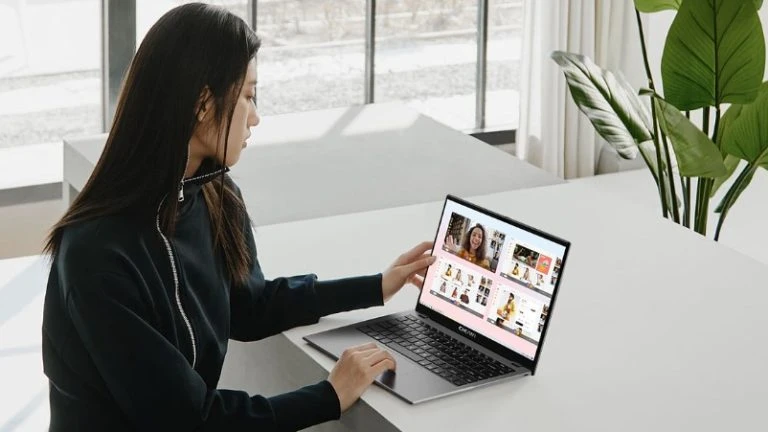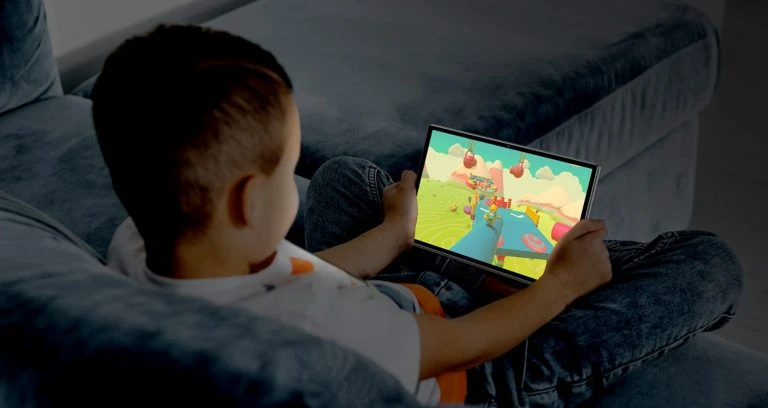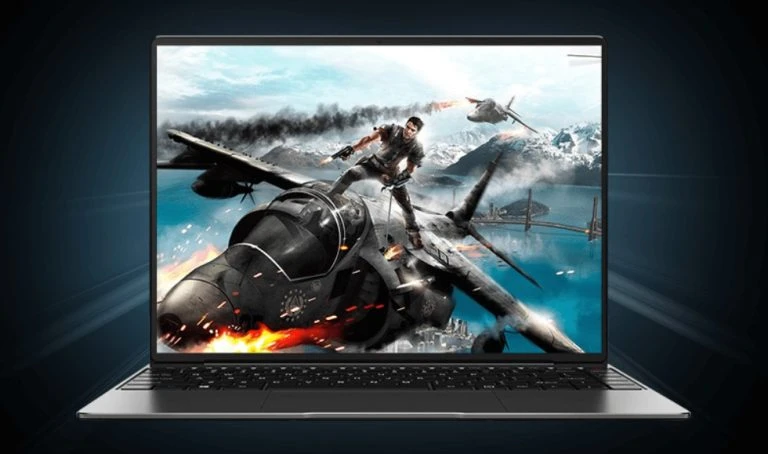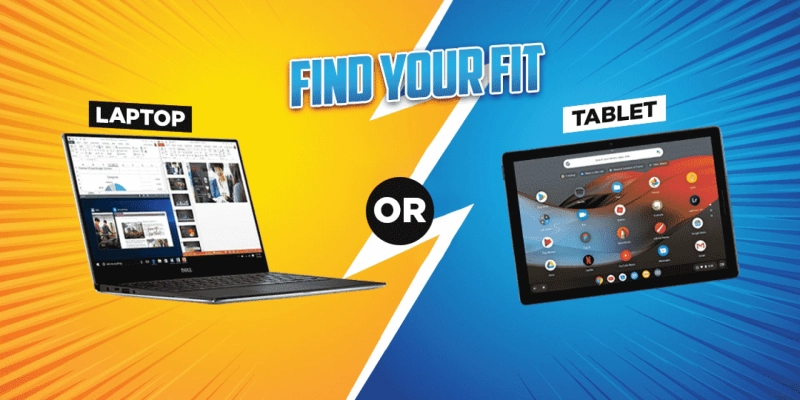For those looking for an affordable Windows 11 laptop that packs powerful performance and portability punch, the CHUWI Upgraded GemiBook XPro is an appealing option. Prioritize cost while maintaining essential features and performance. In this blog, we will look at the features and specifications of tablets and laptops.
Comparing Windows Tablets And Laptops

Think of a laptop as your reliable reference book. It has everything you need for intensive work, including a larger screen for spreadsheets, a comfortable keyboard for essays, and the power to run heavy software. This is a device that aids you in creating reports, and presentations. It even allows you to enjoy a little bit of gaming.
Conversely, a tablet is more like your stylish, mobile companion. It\'s incredibly portable, thin, and stylish, making it ideal for on-the-go social networking updates, web browsing, and watching movies. Imagine adventures in travel, coffee shops, and even some reading while snuggled in the blankets. An affordable device especially a tablet or laptop on sale would be an excellent choice for use.
Keyboard Battle and Screen Size Debate
Physical keyboards are incredibly accurate and comfortable, especially when writing for extended periods. Backlit keyboards are available on some laptops, which is useful for typing in dimly lit areas. Your hands and wrists may experience less strain when using a laptop\'s keyboard. While tablets are all about touchscreens. Although attachable keyboards are also available for some Windows tablets. Laptops do have more firm keyboards for instance the Chuwi GemiBook Xpro has a full-size keyboard that provides an efficient way to interact with your device, making your work easy.
Secondly, larger screens are a common feature of laptops, which makes them perfect for multi-tasking and simultaneously viewing many windows. On a larger screen, spreadsheets, papers, and even watching movies seem more immersive. And in today’s world, you can even find touchscreen laptops, making them even more attractive. On the other hand, tablets are excellent for one-handed use and travel because of their smaller screens.
Software Shuffle and Storage Focus
Laptops can run any program you throw at them since they run the complete version of the Windows operating system. You can select anything you want, from creative tools to office suites. On the other hand, apps with touchscreen specific are available in app stores for tablets.
Tablets usually come with 32Gb to 256 GB of built-in storage because mobility and battery longevity are their top priorities. Whereas laptops balance storage and performance; a machine with 32Gb RAM laptop is likely mid-range or inexpensive. 256Gb to 1TB is the typical range for storage capacities, while high-end devices can reach up to 5TB. Chuwi Corebook X comes with 512GB SSD, expandable up to 1TB.
Power Play and Battery Battle: Who’s the Heavy Hitter?

In general, both laptops and tablets have their pros and cons, at the end of the day it’s all about personal taste. For example, laptops can be considered more capable of handling more demanding tasks like software design, video editing, and even some intense gaming. In contrast, tablets emphasize portability and battery life more than sheer power.
Similarly, battery power can vary. Tablets drain batteries far more slowly than laptops but the latter can easily handle more challenging tasks. Ideally one wants to purchase a device that is easy to use but can also handle everyday work and personal tasks. Chuwi Windows 11 laptops are a great pick in that sense because they are modern, integrated laptops for easy multitasking.
Price Tag Tango: Who’s Worth Your Wallet?

Due to their powerful specifications and extensive range of uses, laptops are generally more expensive. Tablets are typically more affordable, especially the entry-level versions. But keep in mind that some premium tablets might cost just as much as a mid-range laptop. Many variables, including brand, screen size, storage capacity, processing speed, and features, can affect the cost of a Windows tablet or laptop.
Tablets are typically less expensive than laptops, though. The prices of Windows tablets and laptops vary according to your needs of specifications and features. In the end, everything comes down to your requirements.
Conclusion
The best option depends on your unique demands and preferences, thus there isn’t a universally applicable solution. Select a tablet if you put portability and battery life first over everything. Windows tablets can be your best companion when it comes to traveling and computing together.
The laptop, however, is your reliable choice if you are a productivity geek. Choose your portable champion by weighing the benefits and drawbacks and taking your usage habits into account.


